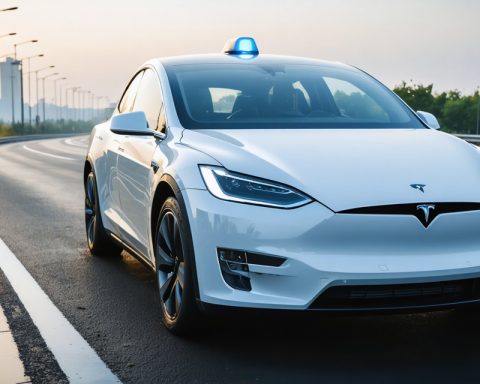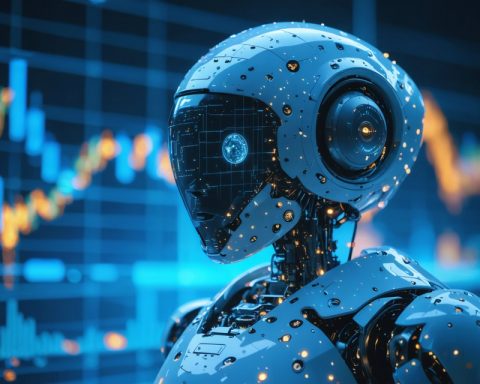AI - Page 8
Artificial intelligence (AI) refers to the simulation of human intelligence processes by computer systems. These processes include learning (the acquisition of information and rules for using it), reasoning (the use of rules to reach approximate or definite conclusions), and self-correction. AI encompasses a wide range of technologies, including machine learning, natural language processing, robotics, and computer vision. The goal of AI is to create systems that can perform tasks that typically require human intelligence, such as understanding language, recognizing patterns, solving problems, and making decisions. AI can be categorized into two main types: narrow AI, which is designed for specific tasks (like voice assistants or recommendation systems), and general AI, which aims to function across a wide range of tasks at a level comparable to human intelligence. As a field, AI combines elements from computer science, mathematics, cognitive psychology, neuroscience, and linguistics, aiming to create machines that can mimic cognitive functions associated with human minds.




















